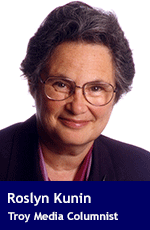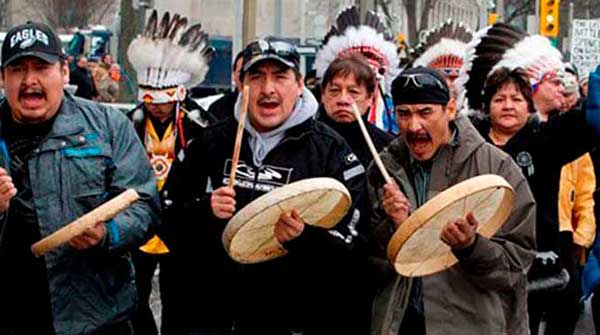 Social license is like pornography, it’s hard to define, but you know it when you see it.
Social license is like pornography, it’s hard to define, but you know it when you see it.
Large-scale natural resource projects in Canada like pipelines, fracking, and mines are all running into brick walls of public approvals, even when they meet the legal and regulatory requirements. A “social license” is the new term describing broad scale public approval of development projects. Or does it mean unanimous consent? The difficulty with a social license is that no one knows exactly what it means or how to get it; we just know that without it, projects are in jeopardy.
The legal and regulatory requirements of development projects have a process, intense decision making, and a specific outcome. In fact, Canada and British Columbia have such strict and comprehensive requirements that only a few mines have been approved in the last 20 years, and the controversial Northern Gateway pipeline only gained approval with over 200 difficult and comprehensive conditions.
A social license has no process, no decision-making mechanism, and can drag on forever. Applying for a social license doesn’t even come with an address, website, or toll-free number! So how can this license be granted?
Somehow, we seem to have broken the connection between the legal and regulatory approval of resource projects and societal approval. Perhaps too many people think that government is in the pockets of multinational corporations, perhaps we are trying to achieve an even more elusive “social media license”, or perhaps we are confusing the terms “approval,” “consensus,” and “unanimity”.
When people, communities, and interest groups feel disenfranchised, marginalized, and out gunned, “No” becomes the safest answer. The development companies have far more resources and a direct interest in the projects, and can overwhelm communities, First Nations, and interest groups. And far too often we have replaced conversations with speaking points.
As well, when disasters have happened, we see spin machines come out faster and in greater force than clean-up crews. In 2010, when the explosion and massive oil leak occurred with Deep Water Horizon in the Gulf of Mexico, the now ex-Shell CEO was quick to downplay the incident, completely misreading the situation or the concerns of the public.
More recently at home, last summer’s dam breach at Mount Polley in B.C. saw government ministers rushing to the scene to assure us all was well, while the company was far too silent. As it turns out, rather than leading the charge to find out and address the problem, the company stonewalled the investigators, requiring search warrants to be issued.
No wonder has been lost. It was obvious to all that the dam burst, except to the spokespeople.
Yet it need not be that way. In 2008, in the wake of a listeria outbreak, the CEO of Maple Leaf Foods went immediately on television to express concern and immediate action. He suspended production and launched a huge internal investigation and remedial measures. He then got back on TV to explain what happened. Those immediate actions saved the company, because it built trust in a time of crisis.
People can be forgiving, but problems must be acknowledged, not spin doctored. All natural resource projects have risks around safety, health, and potential disasters. We all know this, and we all need to acknowledge it; only then can we discuss how to mitigate and address it.
Right now, some of the liquefied natural gas proponents in B.C.’s northern corridor are developing relationships with communities and First Nations building mutual understanding and trust – over two years before final investment decisions are made. They are investing in communicating — and not in corporate speak – with the communities. Sure, they must still address the regulatory concerns of safety, environmental protection, and sustainability, but they are also building that social license one step at a time.
So how can we replicate this on a provincial or even national scale?
Brian Lee Crowley of the Macdonald-Laurier Institute is calling for a royal commission to help frame a national discussion on natural resources and the roles of communities, companies, First Nations, the environment, and future generations. I think we need this type of grand discussion to air ideas, opinions, and develop some type of national consensus on priorities. It won’t result in unanimity, but it can help to rebuild the perception of legitimacy through broad-based public participation in the conversation.
Troy Media columnist Roslyn Kunin is a consulting economist and speaker.
The views, opinions and positions expressed by columnists and contributors are the author’s alone. They do not inherently or expressly reflect the views, opinions and/or positions of our publication.


